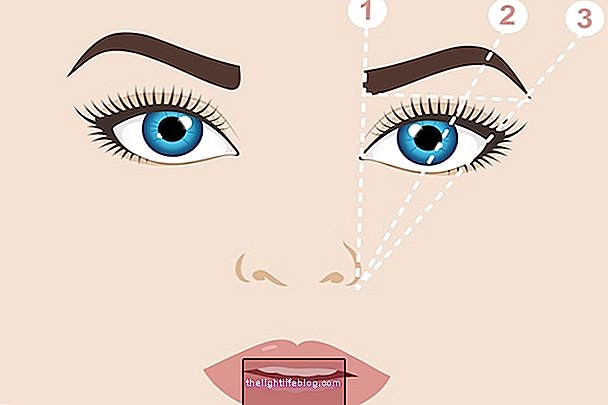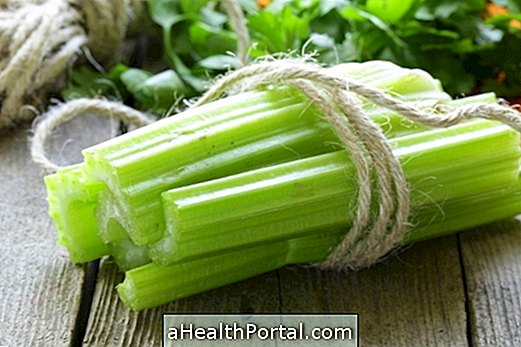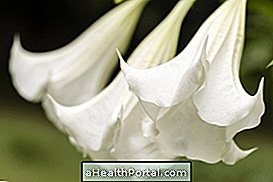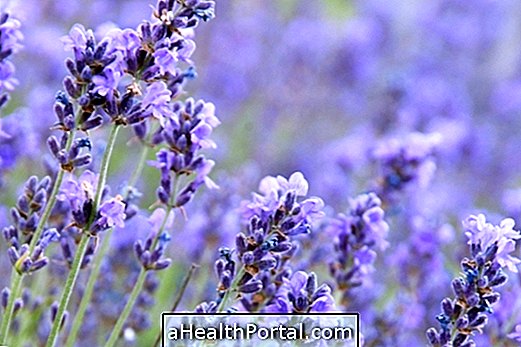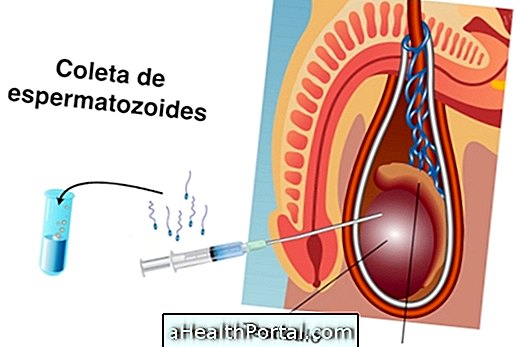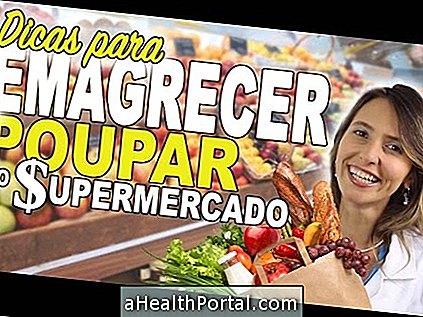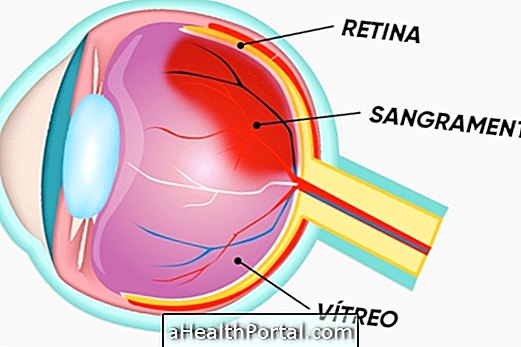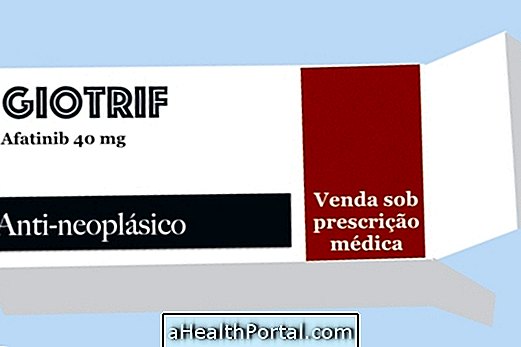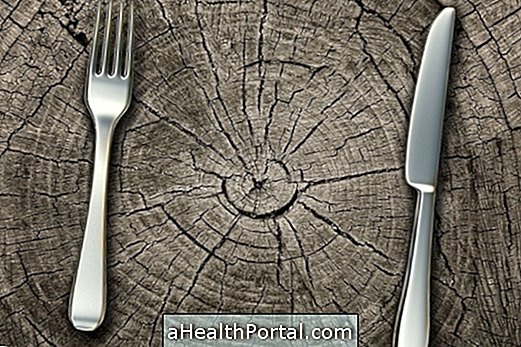The nutraceutical is a type of food supplement that contains in its composition bioactive compounds that were extracted from food and that have benefits for the organism, and can even be used as a way to complement the treatment for any disease.
The term nutraceutical is used to name a specific nutrient present in a food, which is neither the food itself nor a medication, such as lycopene, which is a bioactive compound that can be found in tomatoes, phytosterols and resveratrol , which are compounds found in grape skins and wine.
Nutraceuticals can be found in health food stores and pharmacies in the form of capsules, tablets, sachets, dietary supplements or be formulated in compounding pharmacies, however it is important that your consumption is guided by the doctor or nutritionist, because contains high concentrations of the compound compared to the source food, it can have health consequences.

What is it for
Nutraceuticals are bioactive compounds that can be used to supply the body's needs, and can be found in a single capsule, a combination of nutraceuticals. Some of the most common nutraceuticals are omega-3, lycopene, resveratrol, phytosterols, probiotics, vitamins, minerals and fiber.
Due to the fact that nutraceuticals are compounds that participate in several processes in the body, they have several benefits and can be indicated in several situations, the main ones being:
- Regulation of the cholesterol level and prevention of the development of cardiovascular diseases;
- Regulation of the amount of sugar in the blood, helping to control and prevent diabetes;
- Improved bowel function and promotion of gastrointestinal health;
- Improved bone health;
- Regulation of blood pressure;
- Regulation of thyroid hormones.
Although it may have several indications, it is important that the use of nutraceuticals be done according to the nutritionist's guidance, because the consumption of quantities above the recommended can bring consequences for health. In addition, it is important that the use of nutraceuticals is accompanied by healthy habits such as physical activity and a healthy and balanced diet. Check out the benefits of healthy eating.
What is the difference between nutraceuticals and functional foods?
Despite acting on body functions, nutraceuticals are different from functional foods. Functional foods correspond to the food itself, which is already in its own form for consumption, while nutraceuticals are substances extracted from the food and which are presented in the form of pills or capsules, for example.
In addition, whole foods and those that have been enriched or improved with the aim of increasing their benefits for the body are considered functional foods. Learn more about functional foods.
Possible side effects
Nutraceuticals have a higher concentration of compounds than what is found naturally in food and, therefore, consumption without the recommendation of the doctor or nutritionist or the use of quantities above the recommended can have health consequences.
Thus, depending on the nutraceutical consumed, there may be symptoms of intoxication or intolerance to the compound, increased risk of kidney stone formation and impaired kidney function, increased gas production, interaction with medications, diarrhea, colic and distention abdominal, for example.
Was this information helpful?
Yes No
Your opinion is important! Write here how we can improve our text:
Any questions? Click here to be answered.
Email in which you want to receive a reply:
Check the confirmation email we sent you.
Your name:
Reason for visit:
--- Choose your reason --- DiseaseLive betterHelp another personGain knowledge
Are you a health professional?
NoMedicalPharmaceuticalsNurseNutritionistBiomedicalPhysiotherapistBeauticianOther
Bibliography
- ROBERT, Carlison. Nutraceuticals in clinical practice: performance and health. Available in: .
- REBELLO, Thiago José J .; FERNANDES, André Fillipe F .; FOLINO, Carolina H. et al. Functional and nutraceutical foods: a proposal for nutritional education based on the teaching of biochemistry. Multidisciplinary Journal of Teaching, Research, Extension and Culture Instituto de Aplicação Fernando Rodrigues da Silveira. Vol 3.6 ed; 2014
- SILVA, Thaine M. S .; RODRIGUES, Luiza Z .; NUNES, Graciela L. et al. Encapsulation of bioactive compounds by complex coacervation. Magazine of the Center for Natural and Exact Sciences - UFSM. Vol 37. 56-64, 2015
- GOMES, Andreia S .; MAGNUS, Karen; SOUZA, Alessandra H. S. Risks and benefits of using nutraceuticals for health promotion. Health and Development Magazine. Vol 11. 9 ed; 57-75, 2017



